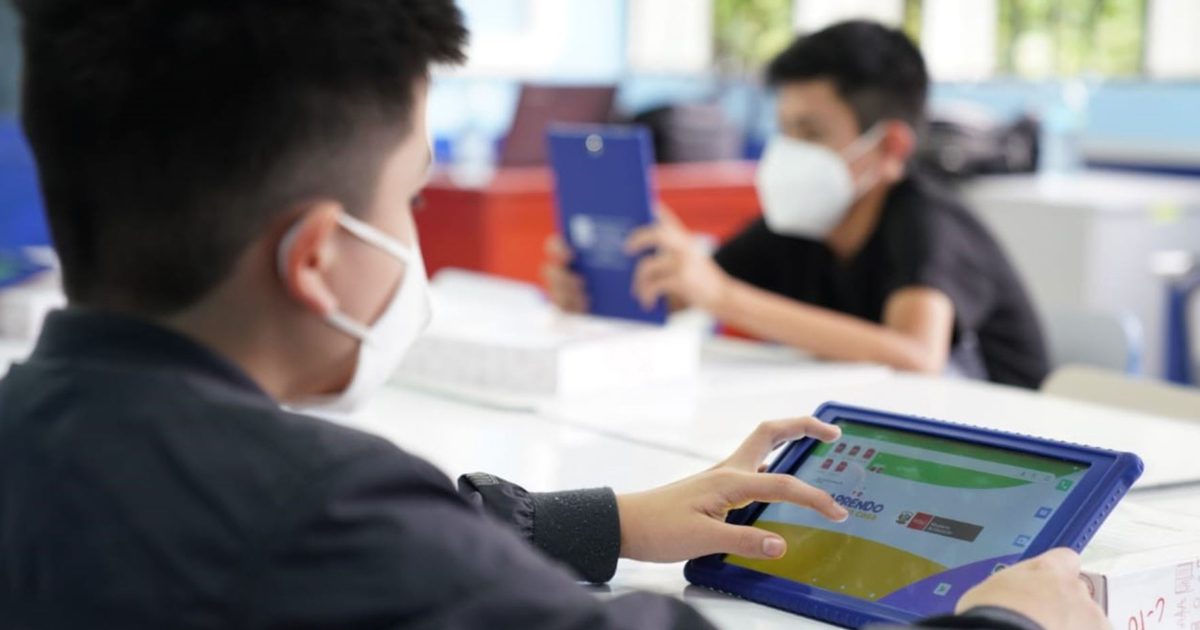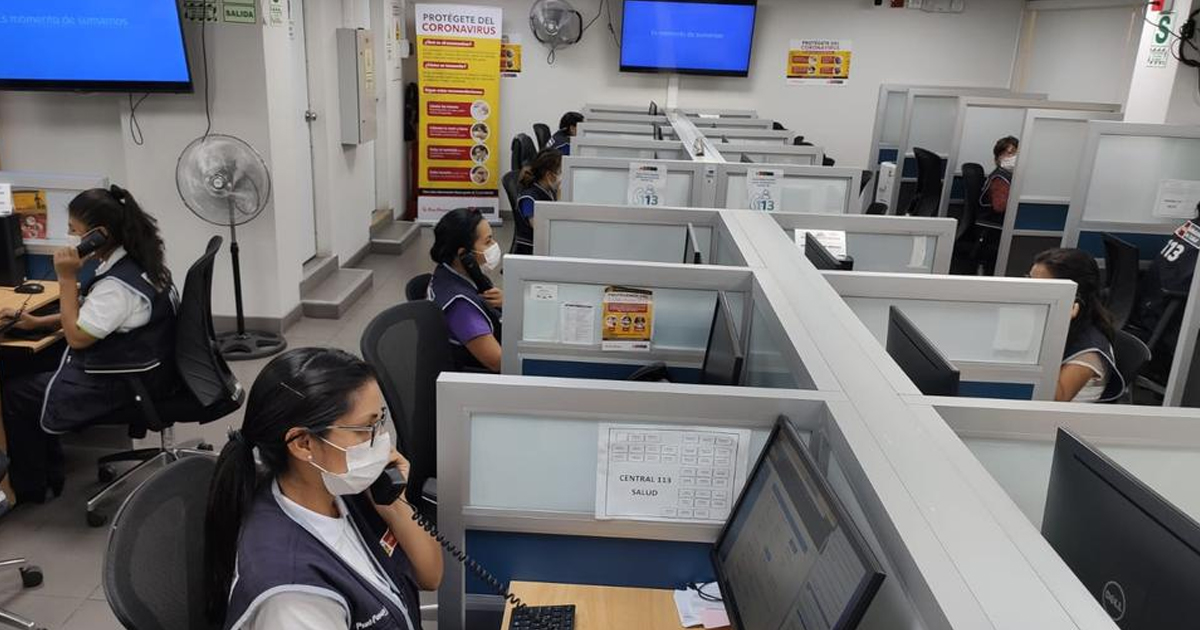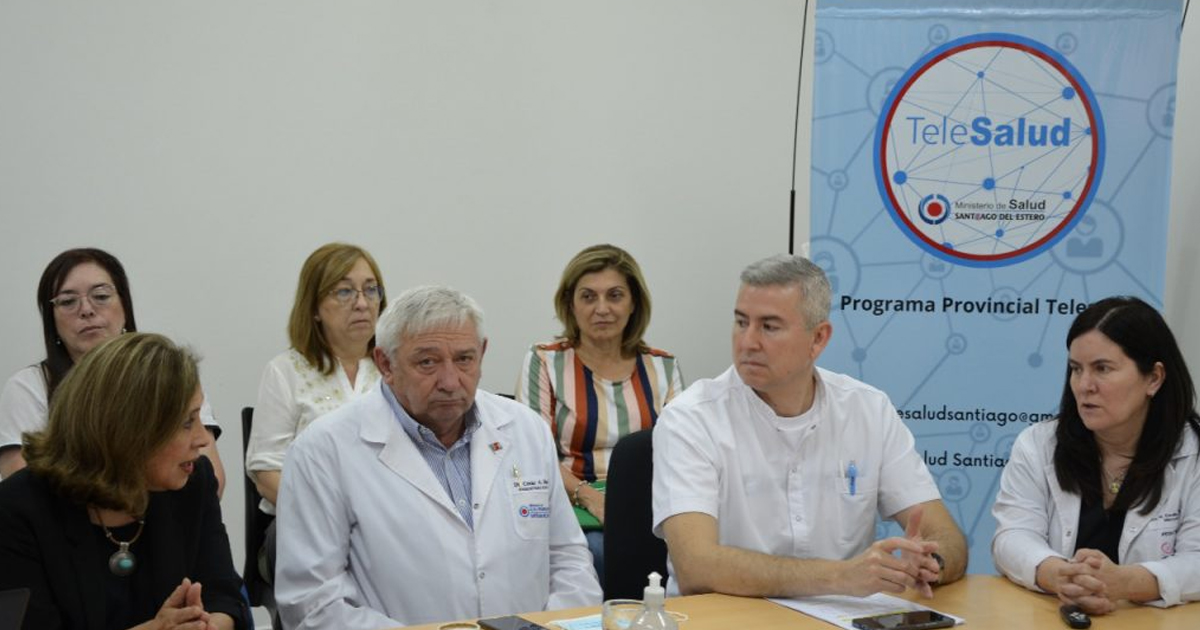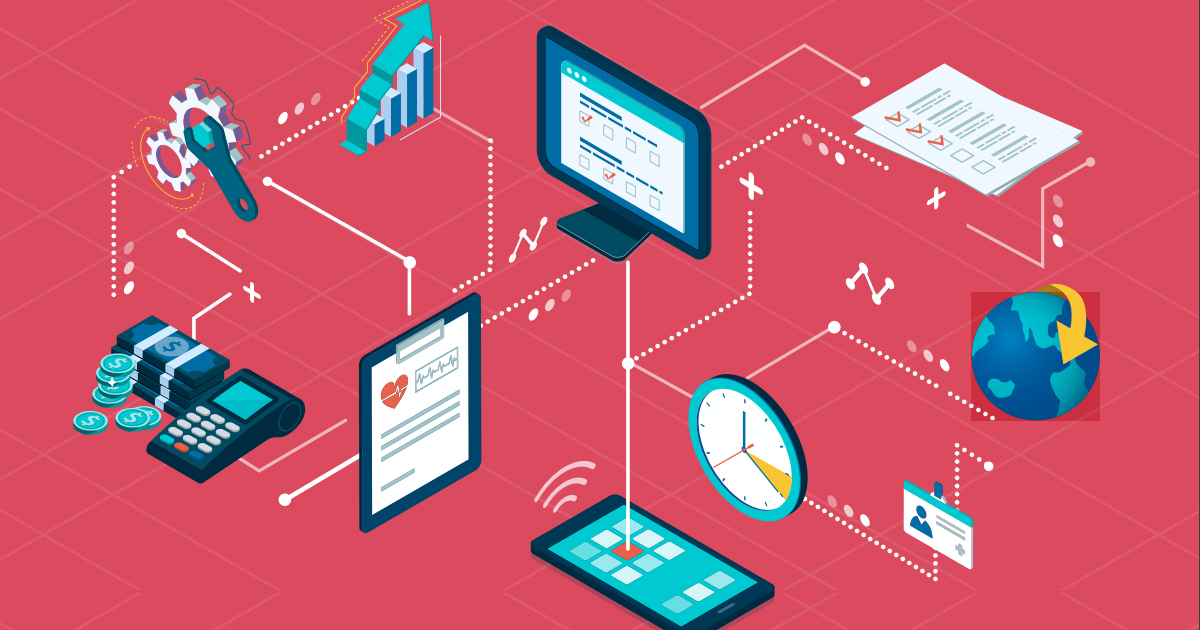The University of Los Andes, in Colombia, reported that through its Research and Training Center for Artificial Intelligence (CinfonIA) they have developed a system to multiply and maximize COVID-19 tests, by performing group tests.
The system consists of group testing to reduce the use of molecular reagents. Through patients' clinical data it would be possible to predict COVID-19 test results.
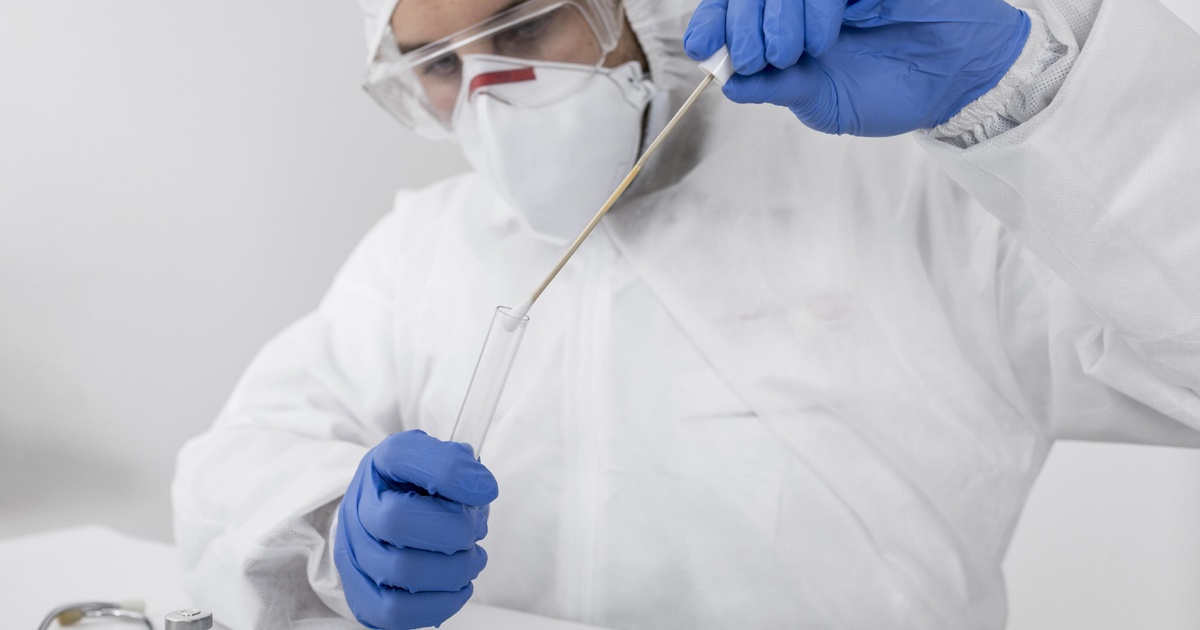
Through a method of pooling samples from several individuals. In this way, instead of performing an individual analysis, they are analyzed together, and it is possible to detect negative cases in a shorter time. If in the group one of the tests is positive, an individual analysis is then performed to confirm the case. In this way, fewer molecular reagents are used and it is possible to perform more tests in less time, saving resources by reducing costs and the use of reagent tests.
Pablo Andrés Arbeláez, director of CinfonIA, explained that tests have already been performed using this method thanks to the collaboration between the Mayor's Office and the Ministry of Health of Bogota and the Gencore Sequencing Laboratory. "Pablo Andrés Arbeláez, director of CinfonIA, states that proof of concept tests have already been performed in collaboration with the Mayor's Office and the Bogota Health Secretariat through the Gencore Sequencing Laboratory for the analysis of COVID-19, in a sample of real patients," he explained.
CinfonIA, explained that they use a Smart Poolingmethod, which consists of using clinical data of patients and their evolution, contemplating data from patients from different health centers. "Smart Pooling makes COVID-19 testing more efficient in the Gencore laboratory, saving reagents and time that can be reinvested in more tests and thus reach more people," explained Silvia Restrepo, vice-rector for Research and Creation at the Universidad de los Andes and director of the Laboratory.
"If we deploy Smart Pooling in Colombia, we could multiply by 3 the number of tests done per day in the country", concluded Arbelaéz.

